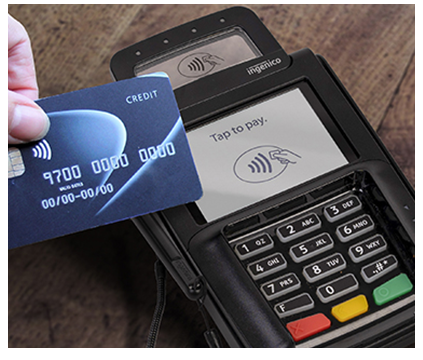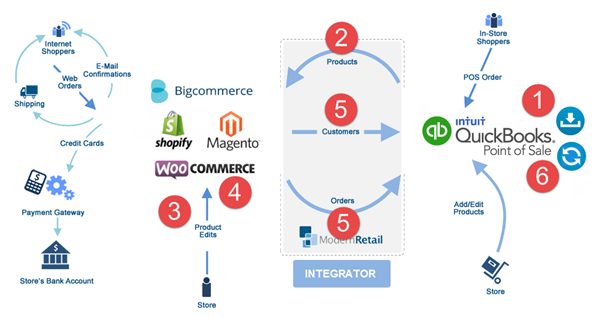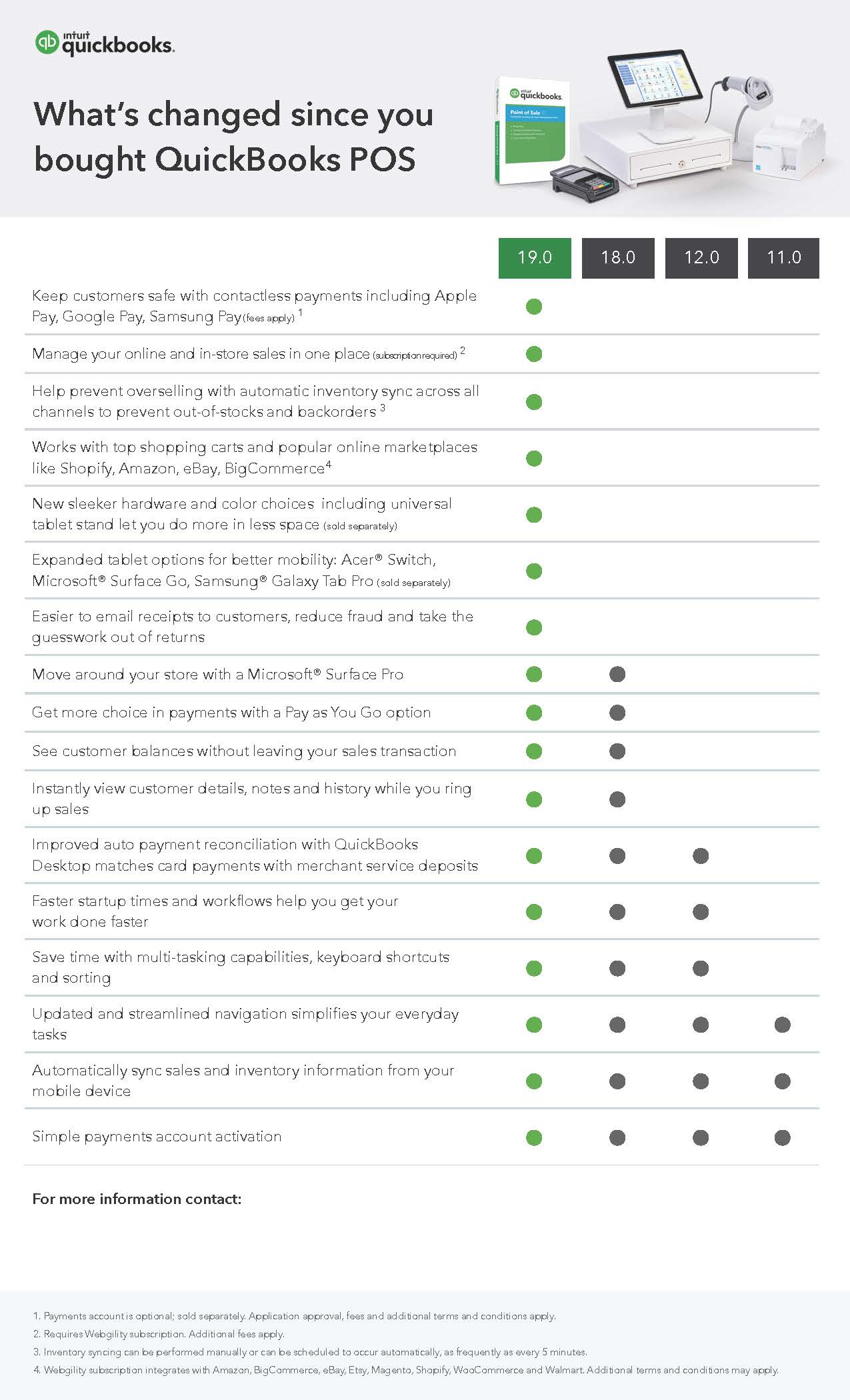
Now, the warehouse will be the same for your eCommerce store and brick and mortar store, so it is important to keep inventory data in-sync across both the sales channels. As it is a feature-rich platform, retailers can make their store customer-friendly and do business. Starting an online store on Shopify is an easy and quick process. Establishing an online presence is the need of the hour, and doing it efficiently is more than necessary. Hence, retailers must proactively look for ways to keep their businesses alive. Consumer behavior will not be the same post-COVID-19 as per the experts. In the time when people are spending more time on their phones rather than meeting each other in person, retail businesses are staring at a huge shift. The protocols of social distancing, lockdown, mass quarantine are all playing a critical role in the way business is/will operate now. How COVID-19 is making retailers go onlineĪs we all know the pandemic that has gripped the whole world has changed the way people live their lives. The platform enables you to expand beyond the limits of your physical stores as it allows easy management of inventory and eCommerce platforms. That cloud-based system can act as a middleware that facilitates eCommerce integration between Quickbooks Point of Sales (PoS) and various online channels, such as Shopify, Amazon, eBay, etc. It gets even easier for the retailers if they have a cloud-based platform that can seamlessly migrate data into Quickbooks, be it from Shopify or a physical store. The data that is being imported from Shopify into Quickbooks is critical and it must be done accurately to avoid any losses. Through this automation, inventory management happens in real-time and customers’ shopping experience improves significantly. It can help in the easy maintenance of data across all sales channels. An appropriate tool to ease the management process is Quickbooks POS.

Automation can also be the key to reduce errors in the data entry process. Hence, automation is necessary to carry out operations in an efficient and organized manner. Web store management can be time-consuming and difficult to do, and it is more so when you’re operating both online and offline. Quickbooks POS with Shopify | Notable Benefits This may result in lower operational costs, better operations, and excellent customer experience. With Quickbooks, eCommerce store owners can give away the hassle of monitoring their inventory data at every step, after every sale they make. Upon integrating Quickbooks POS with any eCommerce platform, suppose the Shopify store, the errors in data management will reduce drastically.


Quickbooks POS integration with an eCommerce store means integrating Quickbooks POS (Point of Sale) with shopping carts and eCommerce marketplaces. Understanding Quickbooks eCommerce Integration Let us explore the importance of Quickbooks eCommerce Integration into a Shopify store and its benefits during the time of COVID-19.
Quickbooks point of sale ecommerce integration Offline#
So, in the time of both offline and online stores, it is important to do efficient management of data. Manually tracking the data will have its own implications such as errors in data entry, overselling, wrong display of information, etc. Once the online store starts bringing business, handling the data will get difficult with time. But, it is tough to establish proper sync between the physical store and the online store.

Given the rise of the global pandemic, specialty retailers must strengthen their online presence to keep the business running. With a host of features and opportunities, running an eCommerce store has never been so easy. Shopify is a leading platform to launch an eCommerce store.


 0 kommentar(er)
0 kommentar(er)
